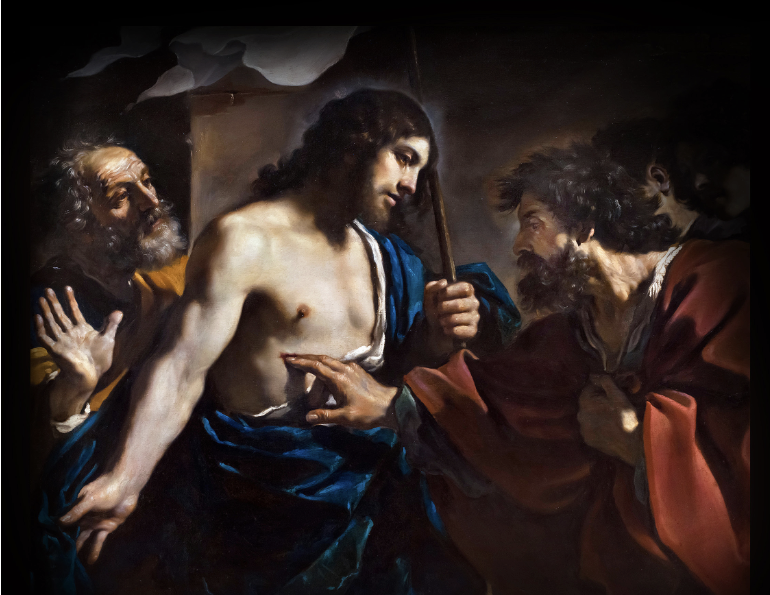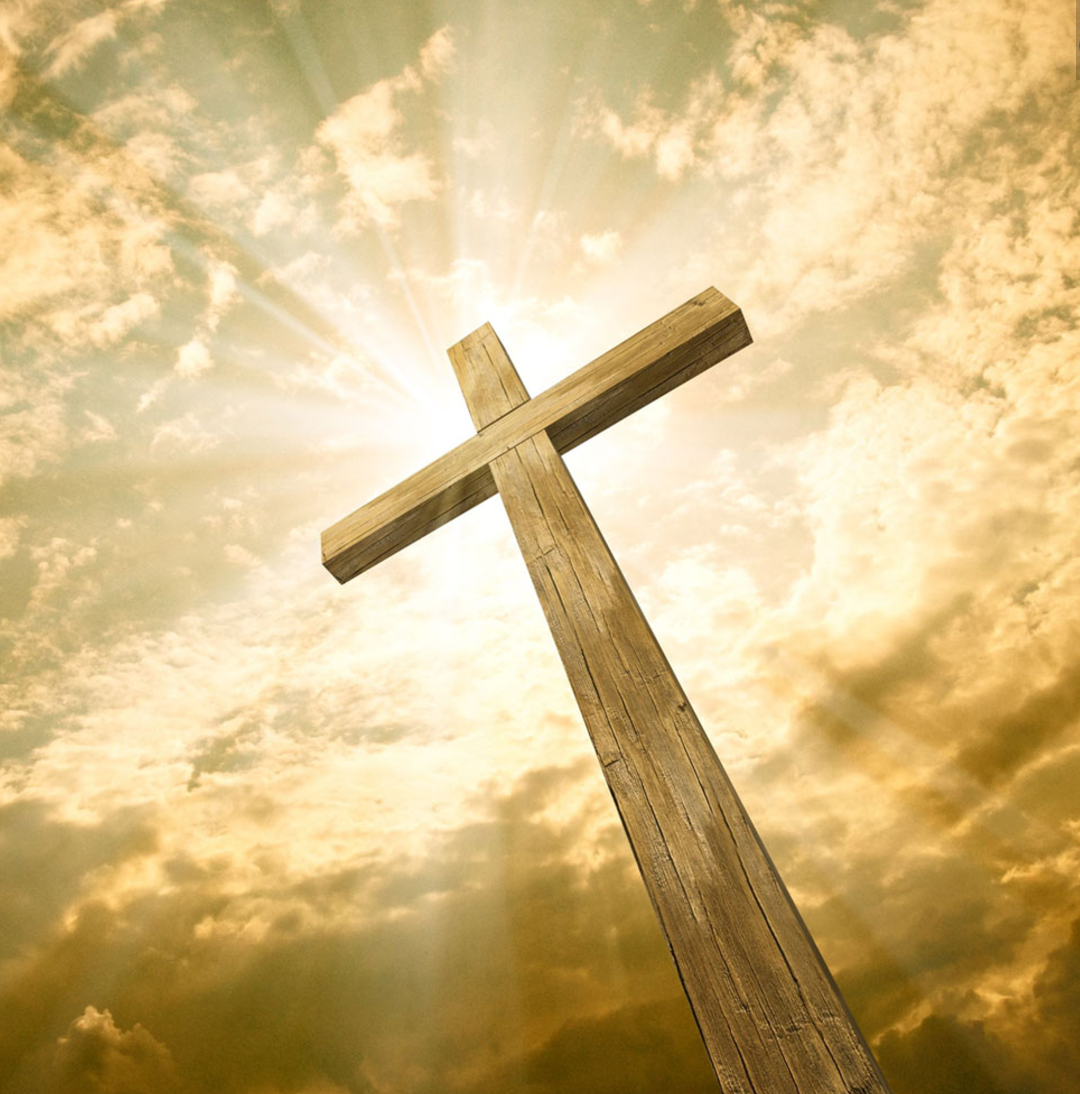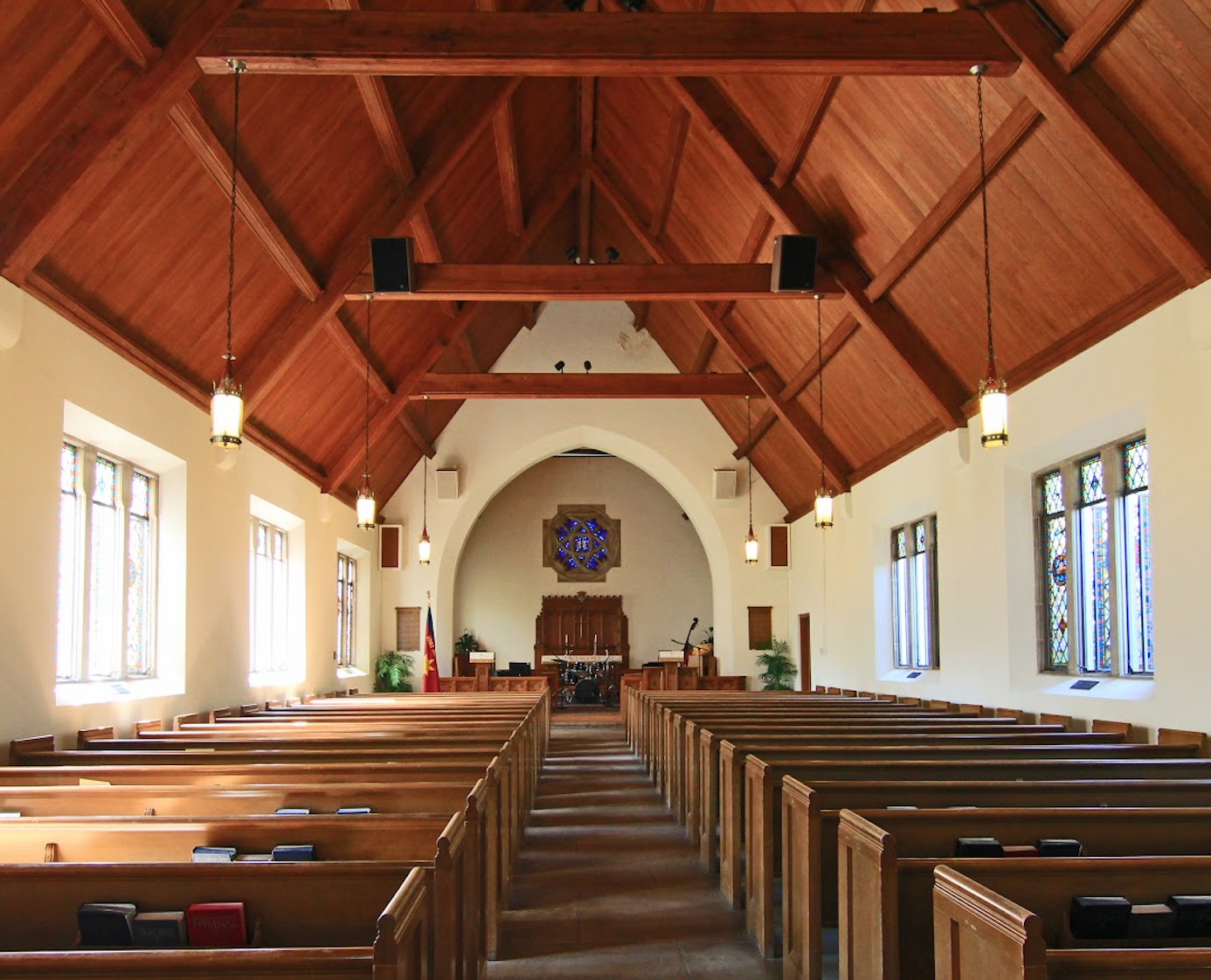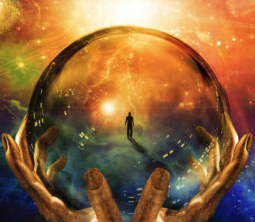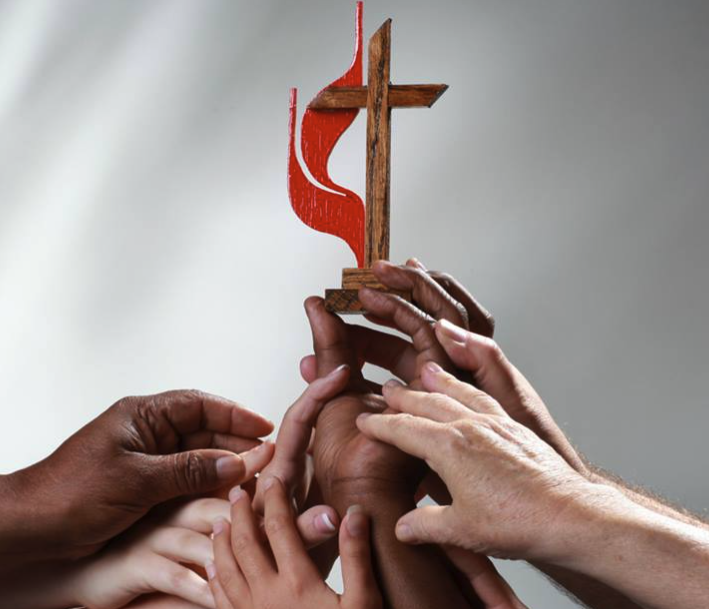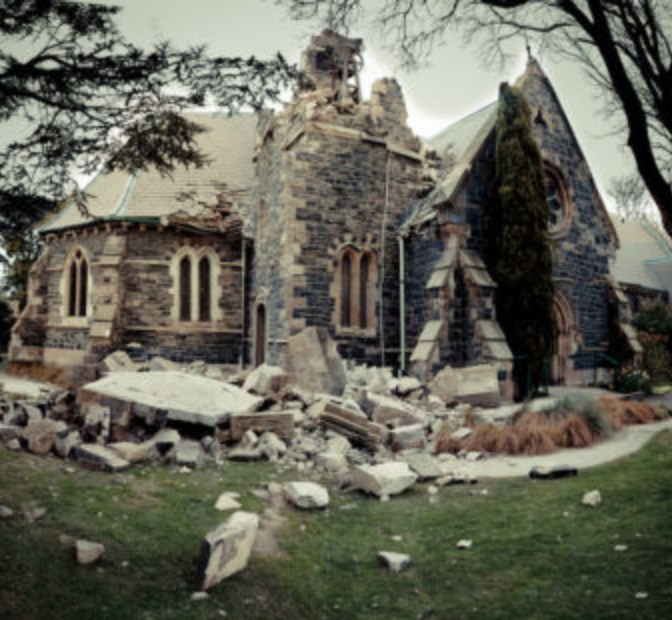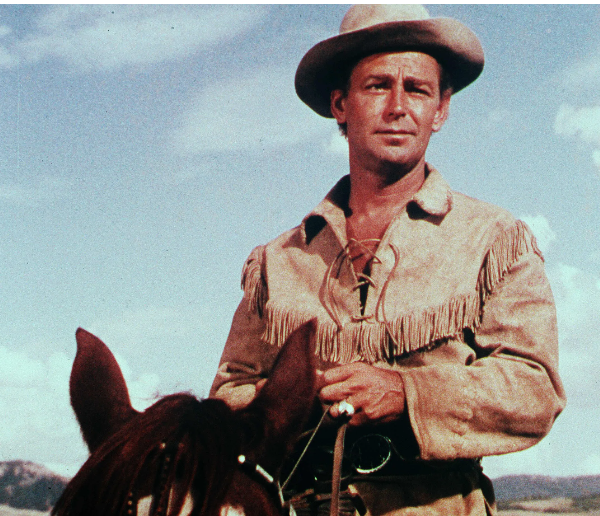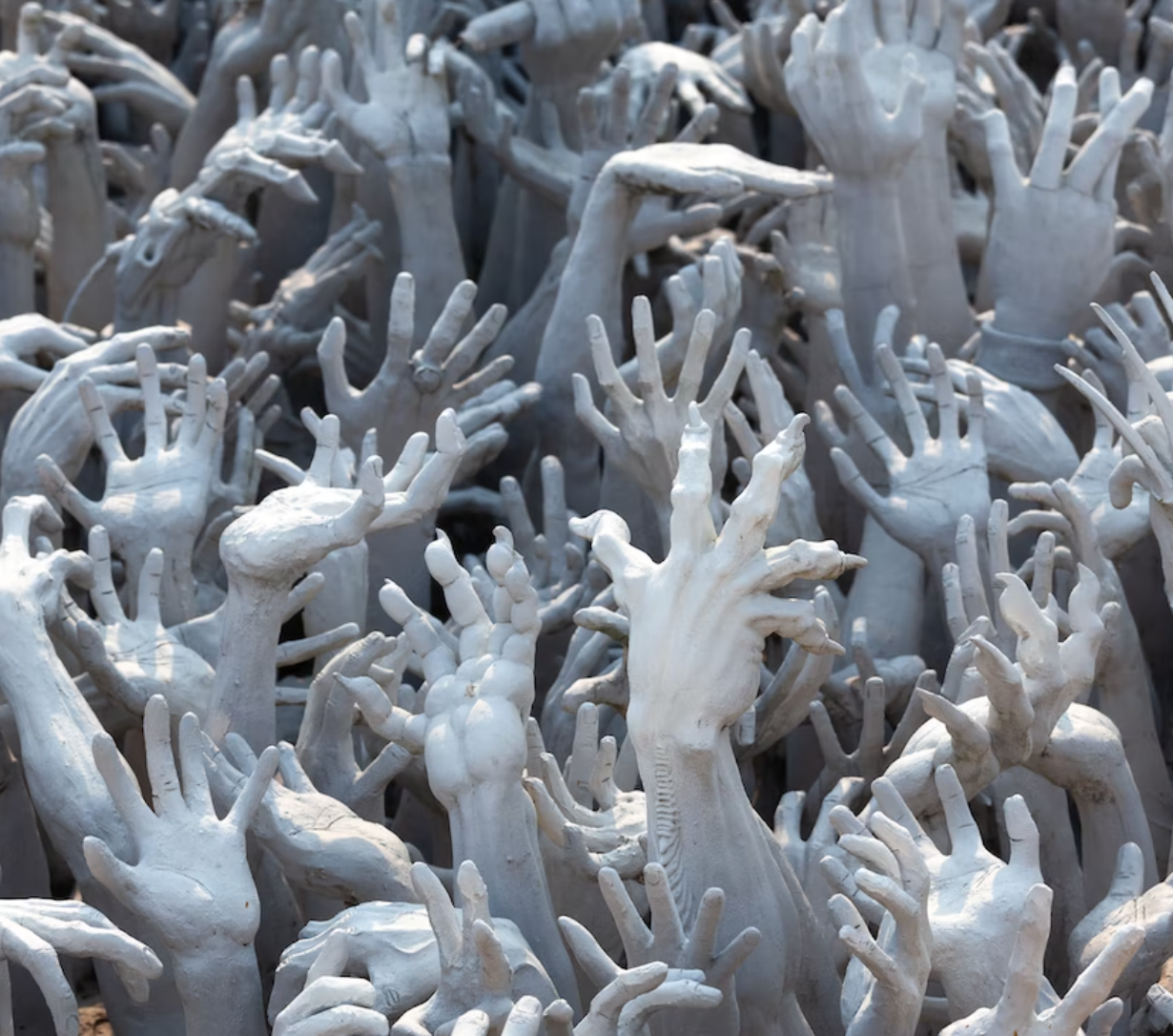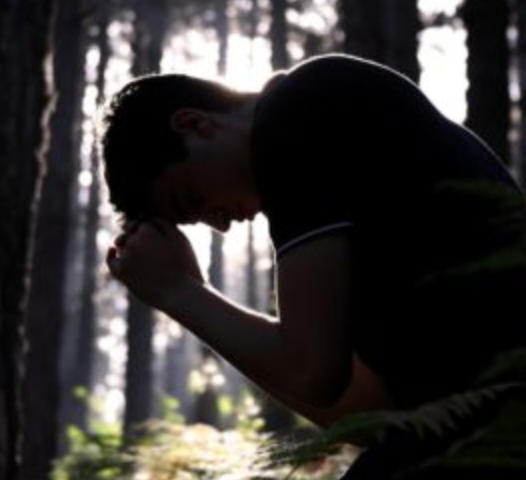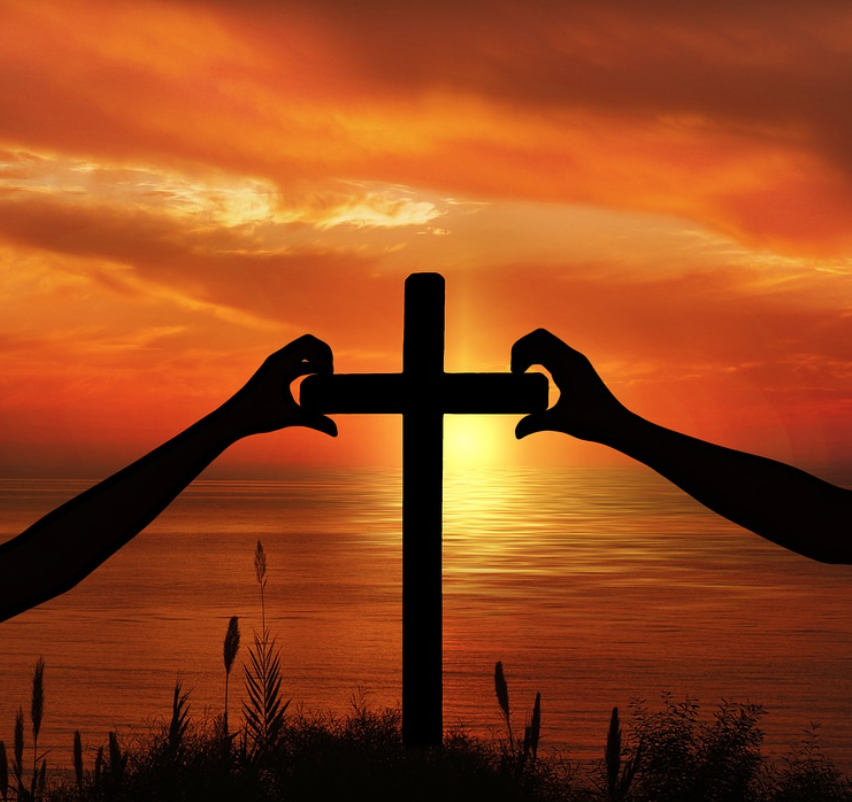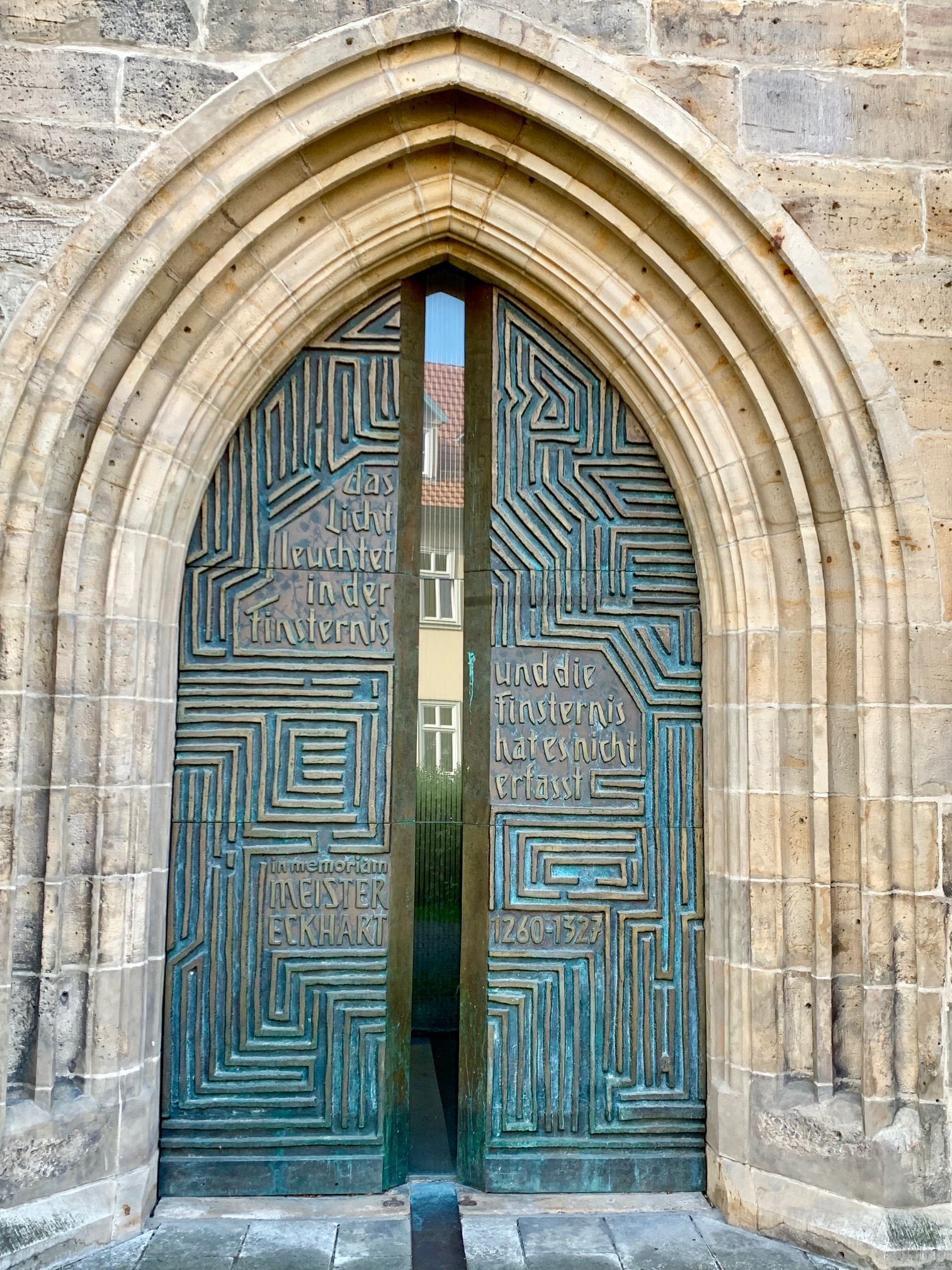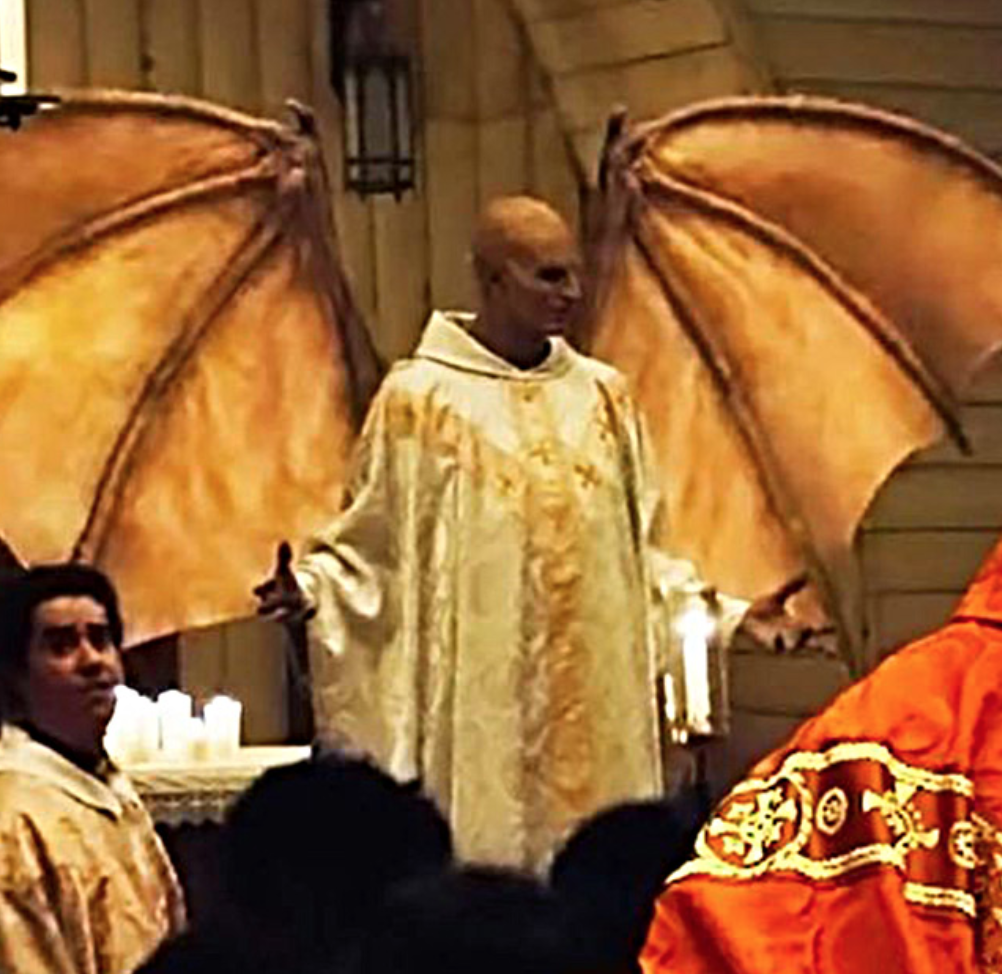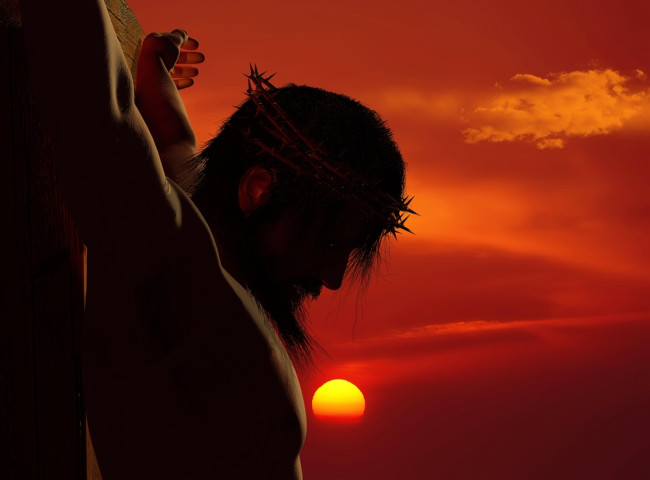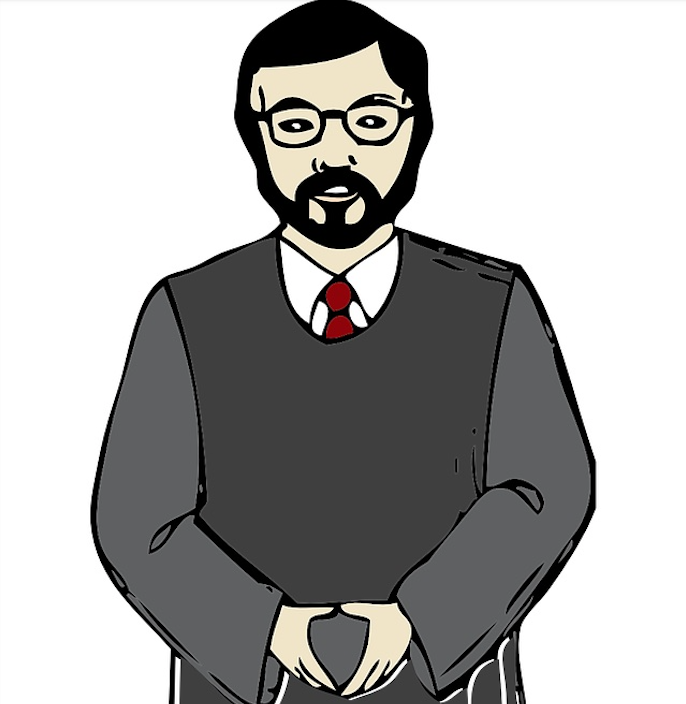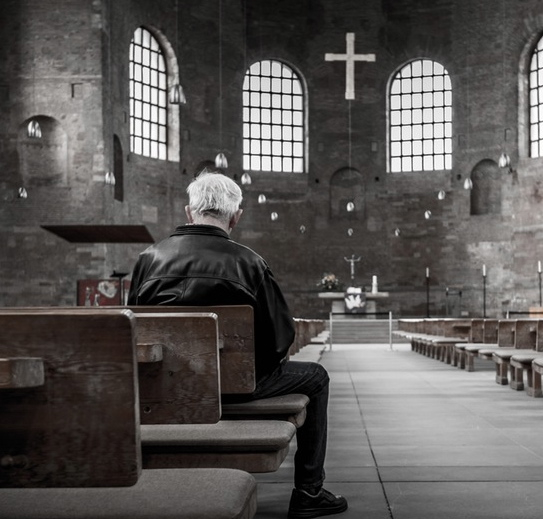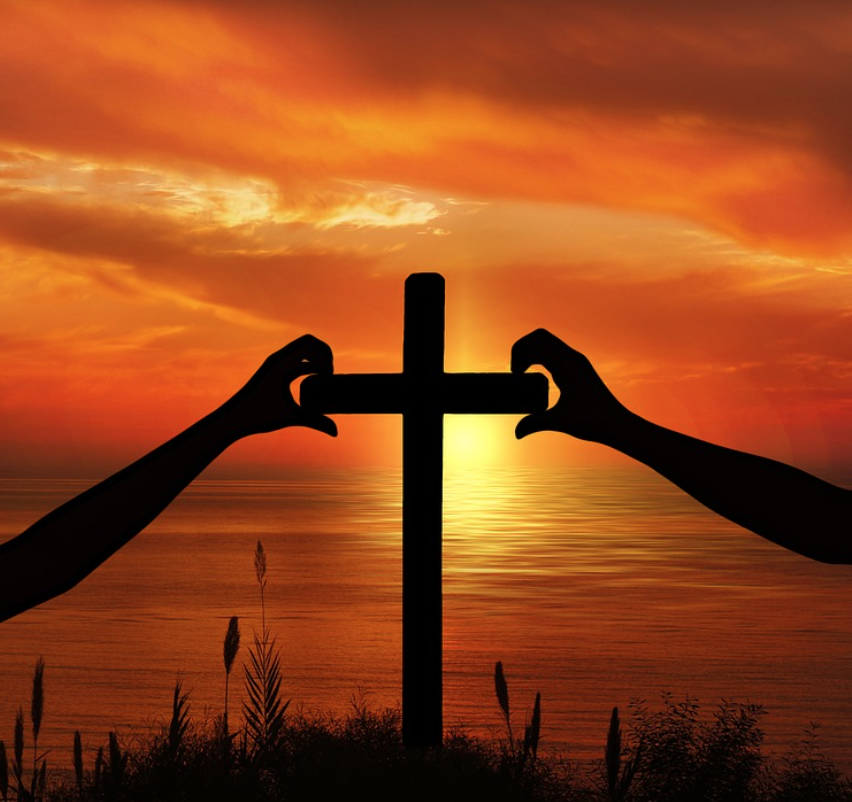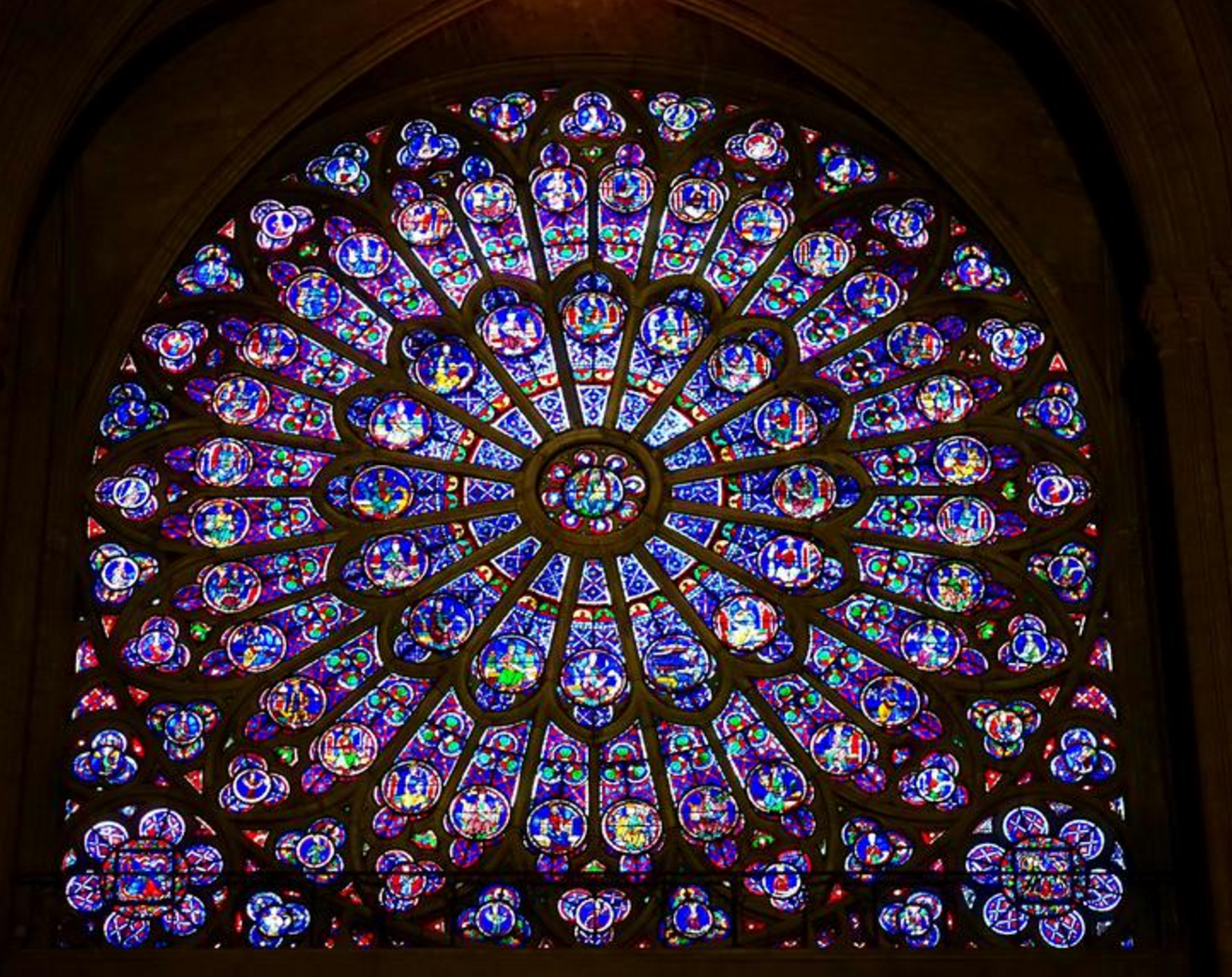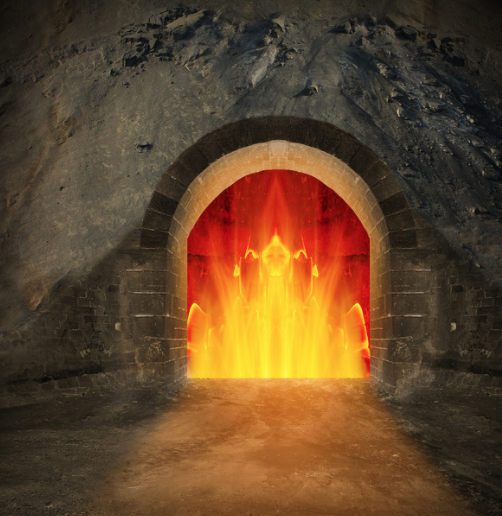So, how did Christianity become so mean? Although many factors contribute to mean Christianity, the primary culprit is that large numbers of American Christians, both Republicans and Democrats, care more about partisan politics and culture wars than they care about following the example and teachings of Jesus.
A five-part fictional story
A five-part fictional story set in the early 1990s about Reverend Paul Graham and his congregation, Grace United Church of Christ.
A five-part fictional story
A five-part fictional story set in the early 1990s about Reverend Paul Graham and his congregation, Grace United Church of Christ.
Whether you identify as a Christian, a follower of Jesus, or something else, one thing is overwhelmingly clear. The world desperately needs positive examples of authentic Christian living.
A five-part fictional story
A five-part fictional story set in the early 1990s about Reverend Paul Graham and his congregation, Grace United Church of Christ.
After sharing his story, Jason asked me his provocative question, “So, do you think I am still a Christian?” I wasn’t sure how to respond. I mulled it over for a long time. I finally said, “I guess it depends on how you define Christian.
I belong to a support group of seven retired mainline clergypersons. Six of the seven no longer affirm historic, creedal, orthodox, traditional theology.
If I had to summarize my religious journey with one Bible verse, I would choose Matthew 28:17, “When they (the early disciples) saw him (the risen Christ), they worshiped him; but some doubted” (NIV).
It’s no secret that the United Methodist Church is fracturing, primarily over LGBTQ issues. Thousands of UMC churches have already disaffiliated from the denomination.
It would be refreshing for churches to boldly proclaim a countercultural message that love, compassion, community, service, and justice matter more than institutional survival.
At this point in my life and faith, knowing too little about God feels healthier than knowing too much.
Stories of clergy losing faith don’t just exist in the realm of fiction. They also exist in real life. I know because I talk to such clergy all the time. Many have retired. Some have found new careers. Others remain in ministry, struggling to navigate strained faith with Christian vocation.
Three Theological Responses to Suffering
Revisioning ancient faith for the modern world is not an easy task. No simple answers exist. The process will be long, complicated, conflicted, and uncertain.
How Religious Doubts Can Lead to a More Mature Faith
Healthy doubt can save people from many toxic beliefs. For example, Christians need to doubt the horrific idea that God eternally torments people in the flames of hell for holding erroneous beliefs.
Progressive Christians are perfectly comfortable holding faith and science in harmony. For example, they believe God created the world but did so through the process of evolution.
I recently queried readers of my Doubter’s Parish website concerning their relationship with institutional religion. I specifically asked if they were (1) staying in church, (2) leaving, or (3) undecided.
Midnight Mass - In spite of the blood, gore, and violence you would expect in a vampire film, the miniseries (seven one-hour episodes) offers an engaging and thoughtful examination of American religion through the eyes of popular culture.
Most traditional Christians believe in an all-powerful and all-knowing, loving heavenly father who supernaturally intervenes in the world, who can be experienced directly through prayer, and who performs miracles. My small group of seven unorthodox persons no longer believe in that kind of personal, supernatural, and interventionist God.
Almost two decades ago, during a combined Holy Thursday/Good Friday worship service, I told a true story from the Holocaust. The story involved a Polish army sergeant named Franciszek Gajowniczek and a Franciscan priest named Maximilian Kolbe.
In January and February 2022, I communicated with several dozen clergypersons across the country, seeking their perspective on pastoral morale after two years of serving churches during a pandemic. Participants included a diverse mix of gender, age, location and denomination. Almost all of them said that clergy morale, including their own, stood at an all-time low.
before long, my grandchildren will be vaccinated, and I’ll be able to go back to church. But the haunting truth is, I’m not sure I want to return to an institution that consistently untethers itself from the life, example, spirit, and teachings of Jesus.
It’s not an exaggeration to say that the evangelical church saved me in every way a person can be saved. They introduced me to Jesus. They became the family my childhood family could not be. They loved and affirmed me. They educated me. They gave me a vocation. And they gave me exceptional opportunities of service. Although I left the evangelical church years ago for a more progressive expression of faith, I’ve always appreciated the gifts they gave me.
Rethinking Christianity for the Twenty-first Century
For millions of people across the globe, God (as we have historically known God) is no longer a working number. Neither is traditional theology or the institutional church. In response, many of these spiritual skeptics have given up on religion altogether. However, plenty of them are still searching for a faith that can work in the modern world.
Some orthodox believers argue that the flames of hell should not be taken literally since hell is also described as a place of utter darkness. The point is, they argue, hell is a bad place, a place where God is not to be found, and a place where there is no hope. Literal flames or not, the traditional doctrine of eternal punishment should be an unacceptable belief for followers of the one who ate with sinners, blessed little children, and forgave his executioners.


